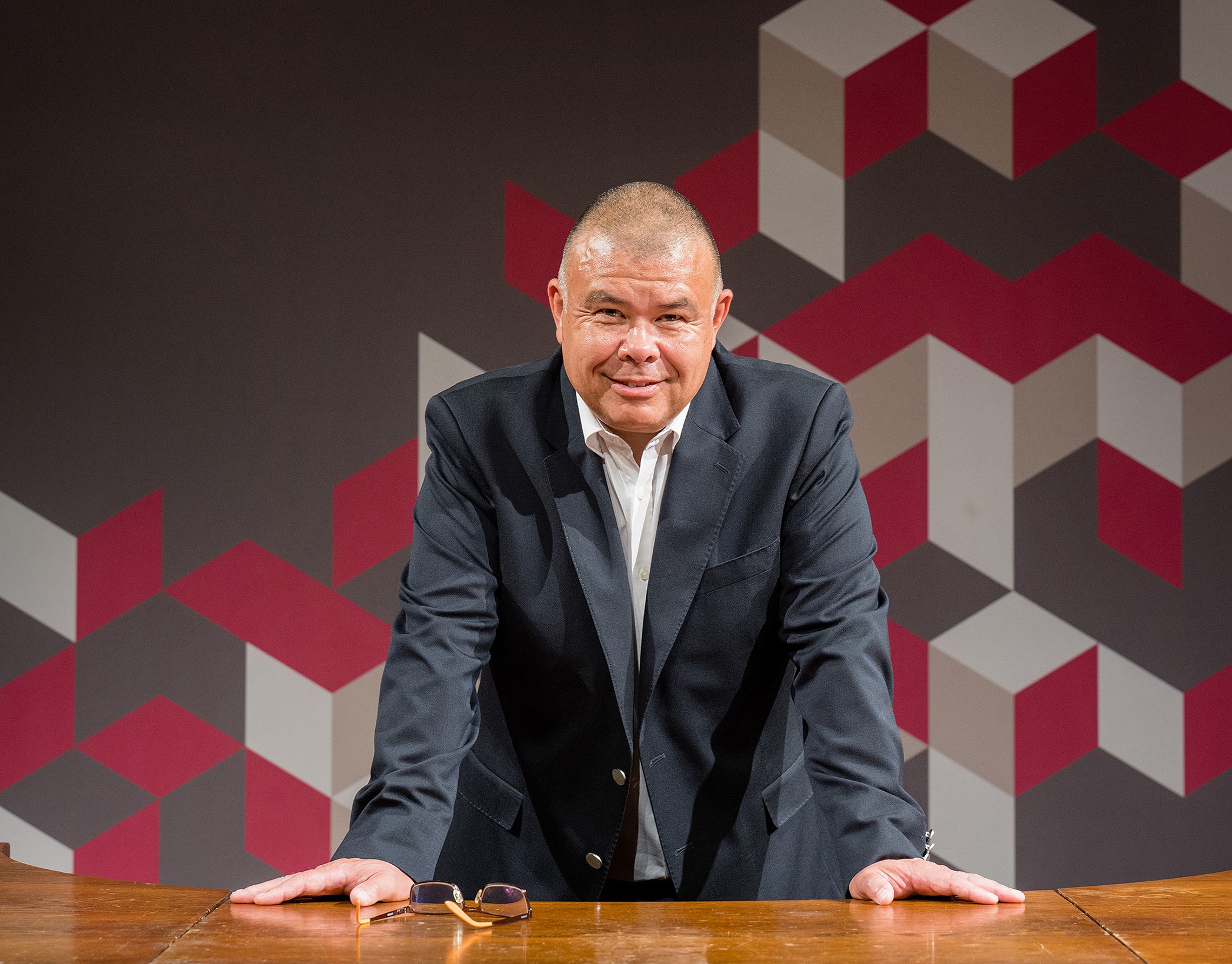Big Interview | Professor Sir Jonathan Van-Tam
Published: 10th December 2021
Updated: 27th January 2022
Published: 10th December 2021
Updated: 27th January 2022
THE legendary Royal Institution Christmas Lectures are back on the box in a couple of weeks. This year, England’s Deputy Chief Medical Officer, Professor Sir Jonathan Van-Tam, will be leading a team of six guest lecturers to talk all about viruses, looking at how COVID-19 has changed the future of medicine forever. First News spoke to Professor Sir Van-Tam to find out more

I didn’t think it happened to people like me! I thought it happened to these celebrity super scientists, as it were, rather than a scientist who works at the interface with Government policy. But I was very excited by the opportunity, because I think children have been through so much in this pandemic.
They have suffered a loss of direct contact schooling and had to learn remotely. They’ve suffered through the lockdowns with a loss of social contact with their friends at a crucial stage of their lives.
A lot of this has happened to children, and therefore what a nice opportunity if we can explain some of what’s happened, and the underpinning science, back to children.
I don’t want to spill too many beans, but here’s a really nice example. Secondary schoolchildren have had to do twice-weekly lateral flow tests for a long while. It’s just this little white plastic cassette with a bit of snot in it and a little bit of buffer. And everyone just uses them unquestioningly.
Let’s unpick the science of them and explain what’s happening and why we do it. It’s going to be a very practical lecture. It’s going to cover how viruses are spread and it’s going to cover how we stop viruses spreading. I’ll be asking for volunteers from the audience to help me at various key points.
It’s really going to be different and the thing that I’m going to enjoy is that it is going to be my job to link those pieces together. That is something which of course I do every day in my normal job, working for the Government, where I have to take complex bits of science and link it all together in a way that officials and ministers can understand. The lectures will show that science is teamwork – that’s going to be a very important key theme that will emerge over the three lectures.
The big thing that we have learned is how fast we can use the new technologies in vaccines to give us products that prevent infections and save lives, and are deliverable very quickly on a very large scale. We have two new vaccine technologies – the adenovirus vector vaccines [like Oxford-AstraZeneca] and the messenger RNA vaccines [like Pfizer-BioNTech]. These have changed the world in an astonishingly short period of time. And what they do, particularly the messenger RNA, is open up a whole world that’s just over the horizon, of horrible diseases that we should be able to target with vaccines.
The new vaccine platforms that we’ve now got have to be maintained. That’s going to help us a great deal if we can do that. We have also seen a huge ramp-up in testing for respiratory virus infections. I think that awareness of respiratory viruses and what’s causing them has changed.
Also, thinking about infection control, hand hygiene has never been more prominent, and face coverings, too. There’s a whole range of things that we have become more focused on.
At the moment, we’re nervous and unsure about what the next two to three months can bring, and I think we could predict that there will be some choppy, choppy water between now and the spring. But I think from the spring onwards I would expect to see much calmer water ahead of us.
This interview first appeared in First News, Issue 808, 10th December 2021
The Royal Institution Christmas Lectures began in 1825. They have taken place annually since, except for four years during the Second World War. They were first broadcast on television by the BBC in 1936. That makes the Christmas Lectures the world’s oldest science TV series. They have been shown on television every year since 1966.
Past lecturers include David Attenborough, Hannah Fry and Richard Dawkins. The talks are for everyone, but they’re aimed at young people in particular.
This year, you can watch them on BBC Four and the BBC iPlayer at 8pm on Tuesday 28 December, Wednesday 29 December and Thursday 30 December.
Professor Sir Van-Tam will be joined by six other professors from different scientific fields: Katie Ewer, Julia Gog, Ravi Gupta, Tess Lambe, Cath Noakes and Sharon Peacock. Look out for an interview with Professor Gupta in First News in the New Year!
First News reaches millions of young readers every week, at home and at school. Our age-appropriate news stories and activities spark curiosity, build media and information literacy skills and empower children with the tools to navigate the world.